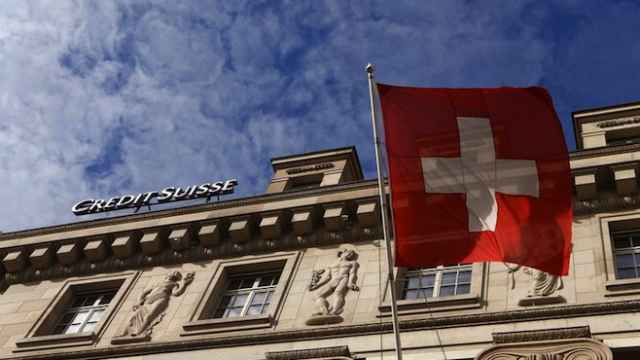Investment revenues for Russia's banks have risen for the first time since 2014, bouncing back from the worst first quarter performance in 15 years. Calculations by Thomson Reuters have shown second quarter revenues reaching $111.5 million up from a first quarter performance of just $16.8 million.
Sberbank CIB is leading the Russian market, but did not disclose the size of its investment bank revenues.
“Sberbank CIB became the market leader by helping Yamal LNG obtain a syndicated loan [from Sberbank and Gazprombank, totaling $3.6 billion],” said one investment banker. Of the $128.3 million that banks earned on commissions in the first six months of 2016, $47.2 came from syndicated lending transactions, when a loan is provided by a group of lenders. “It is not exactly right for Thomson Reuters to list syndicated lending as an investment activity,” the banker said.
Financial institutions issued just $8.6 billion in securities for the first six months of 2016. The figure is down 50 percent from the previous year, and marks the lowest number of bonds issued since 2006. Investment banks ultimately earned $28 million from bond placements in the first two quarters, down 32 percent from the first half of 2015, the report revealed.
The Finance Ministry led the field by issuing $1.75 billion in Eurobonds for the first time since 2013. VTB Capital was as the only institution to organize the issuance of sovereign Eurobonds, conducting 40 percent of all placements.
Revenues for M&A bankers were down 6 percent from the $20.3 million they earned in the first half of 2015, despite a series of deals which have seen their Russians assets double to $7.9 billion. Energy sector deals accounted for over half of all assets, totaling some $4.7 billion.
The Rothschild financial advisory group provided consulting services for two of the year’s largest transactions: the sale of a 24 percent stake in Vankorneft and a 30 percent stake of Taas-Yuryakh Oil & Gas. Both companies are subdivisions of Rosneft, and were sold to companies in India in deals with a combined value of $3 billion. Xenon Capital Partners consulted on the sale of a 40 percent stake in Irkutenergo, the third largest transaction during this period.
“Small investment firms have started consulting on major deals, something no one would have expected a few years ago,” said Xenon Managing Director Natasha Tsukanov. The heavy burden of bureaucracy and compliance procedures in major investment banks are causing some businesses to look for alternatives, she said. “I’m not saying that strict compliance is bad. But it often happens now that companies need a consultant who can drop everything and quickly conclude a deal. It’s a global trend,” she said.
“The market will pick up if the geopolitical situation in the world improves,” said one Sberbank CIB representative. “But even now, as the privatization of Alrosa shows, the Russian market is attractive to investors and it is possible to conclude high-quality transactions even with limited demand from the United States.”
A Message from The Moscow Times:
Dear readers,
We are facing unprecedented challenges. Russia's Prosecutor General's Office has designated The Moscow Times as an "undesirable" organization, criminalizing our work and putting our staff at risk of prosecution. This follows our earlier unjust labeling as a "foreign agent."
These actions are direct attempts to silence independent journalism in Russia. The authorities claim our work "discredits the decisions of the Russian leadership." We see things differently: we strive to provide accurate, unbiased reporting on Russia.
We, the journalists of The Moscow Times, refuse to be silenced. But to continue our work, we need your help.
Your support, no matter how small, makes a world of difference. If you can, please support us monthly starting from just $2. It's quick to set up, and every contribution makes a significant impact.
By supporting The Moscow Times, you're defending open, independent journalism in the face of repression. Thank you for standing with us.
Remind me later.






